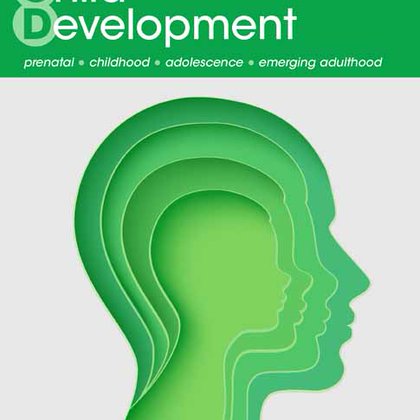
Dr. Sarah Eiteljörge
@Sar_Eit
Followers
210
Following
431
Media
8
Statuses
150
Researcher @uniGoettingen studying kids and their language development. Also excited about swing dancing, sewing and gardening. She/her.
London, UK
Joined January 2013
These are the #GilmoreGirls episodes you absolutely have to watch according to #IMDb ratings (but actually, you should watch all of them, even Season 7). Inspired by @heyitsmefred and @GilmoreGirls. #dataviz #ggplot #rstats
0
3
16
RT @CognitionJourn: Researchers developed the Curious Choices paradigm to investigate how infants explore two novel categories using intera….
0
5
0
RT @LRouvroye: 🚨 Publication alert! 🚨 . and a trip down memory lane 😊 Research I did for my MSc @ucl got published 🎈👇🧵 (1/5). https://t.co….
0
1
0
@nivedita_mani It took quite some time to get this project out there, but it was one of my most fun collaborative efforts coming from the same office! And it shows how children's interests - again - impact what they learn already so early in development👶.
0
0
1
@nivedita_mani Furthermore, we found that children's own preferences influenced their learning but not their mother's input: Children who liked IDS better, looked more to the word-object association learned in IDS whereas children who liked ADS better, looked more to the correct one in ADS 🧡
0
0
1
@nivedita_mani We found that children between 18 and 24 months learned words in both IDS and ADS, but the trajectory of their looking behaviour was different: For IDS, the labelled object was looked at immediately. For ADS, they just took a bit longer to identify the correct one⌛️
0
0
0
Just uploaded my favourite project of the PhD as a preprint on OSF: Together with Vivien Outters, Jana Schildknecht and @nivedita_mani we explored whether maternal IDS/ADS or the child's preference for IDS/ADS would predict their word learning in IDS&ADS.
osf.io
The input a child receives as well as the child’s own preferences can influence their learning. While parents typically use exaggerated infant-directed speech with their child (IDS), children’s...
3
1
5
RT @MYSia05381231: 1/2 Another paper published! In this study, @nivedita_mani, @KarlaHolmboe and I investigated the relation between attent….
0
4
0
RT @lancspsychres: Congratulations to our very own @MarinaBazhydai @lancspsychres @LancasterUni for being awarded a @LeverhulmeTrust Resear….
0
2
0
RT @nivedita_mani: Still recovering from the shock and awe but it’s true - @dfg_public will fund our PhD training group on Curiosity https:….
uni-goettingen.de
Webseiten der Georg-August-Universität Göttingen
0
5
0
RT @uniGoettingen: Neugier, Fourieranalyse und Spektraltheorie: Die @dfg_public fördert ein neues Graduiertenkolleg (GRK) an unserer Fakult….
0
5
0
@_lenaackermann @nivedita_mani Good news: Our paper on children's interest modulating novel word retention is out now and openly available for everyone! .
onlinelibrary.wiley.com
Children fast-map new words to their referents early on but may not show robust retention of the learning of word–object mappings until much later. This study examines whether children's interest in...
1
6
11
RT @JenniRodd: The Secret Lives of Words.My Inaugural Lecture as a Twitter Thread.With gratitude to #WOMENSART.
twitter.com
Celebrating ♀'s art & creativity, curated by author & art historian @PL_Henderson1 Images © to respective owners https://t.co/ZuWYHgsBxF @womensart1
0
10
0
RT @nivedita_mani: Our first registered report is out! Here, @MYSia05381231 examined the extent to which systematicity guides referent sele….
0
6
0
New preprint online🥳.With @_lenaackermann, Meike Förster, Juliane Schaarschmitt, Robert Hepach and @nivedita_mani we investigated how children's interest in a category influences their word learning and retention.
authorea.com
Children fast-map new words to their referents early on but do not show robust retention until much later. This paper examines whether children’s interest in a natural category relates to retention...
2
7
13
RT @Raji_SMadhavan: Stop by today at poster B23 @LCICD to talk about Judith's study that looks at the influence of phonological similarity….
0
2
0
RT @nivedita_mani: Are there researchers here whose research involves natural videos of people in their typical environments, e.g., people….
0
2
0





